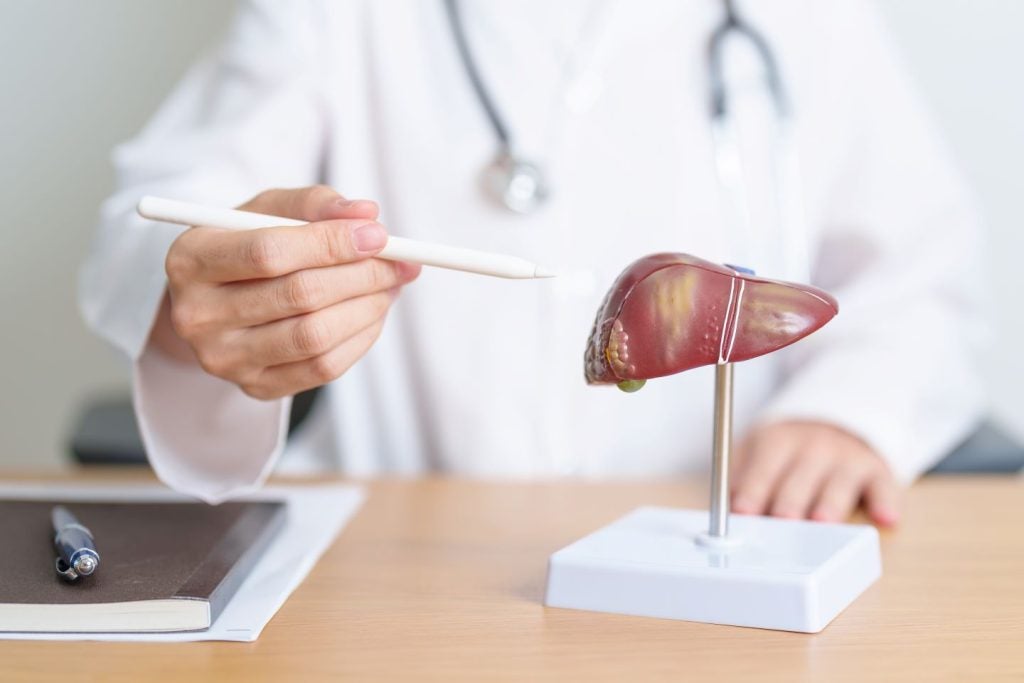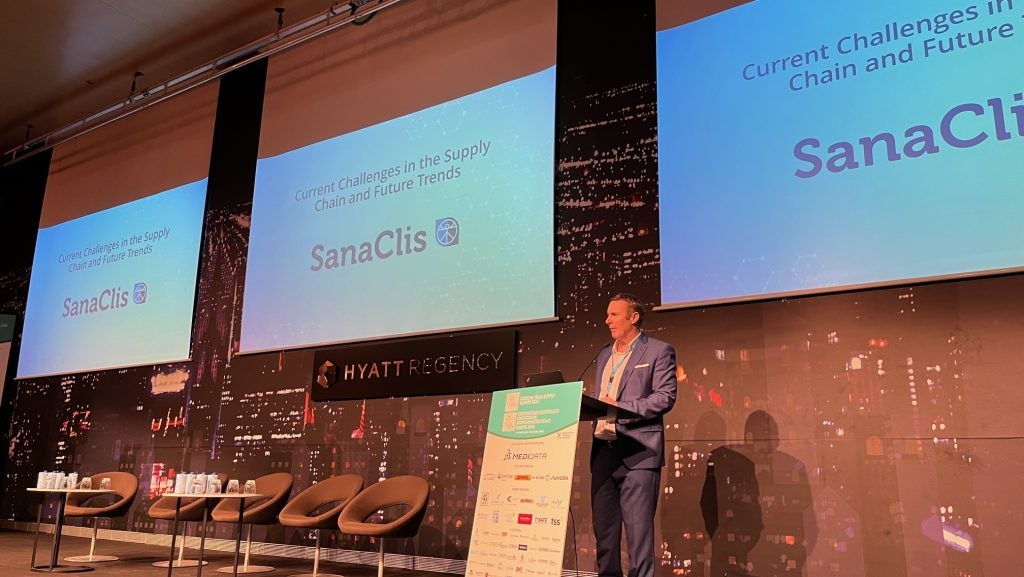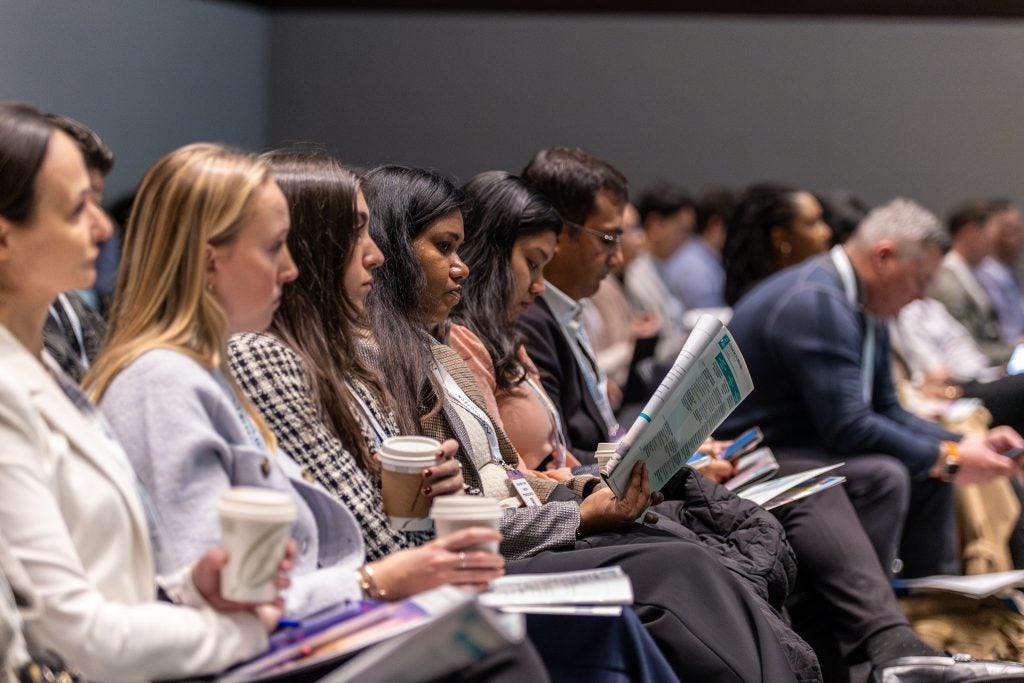Across the globe, one in five children is unable to receive vaccines, a problem that endures in much of the developing world. The challenge of ‘the fifth child’ stems from a broken cold chain and having the ability to transport vaccines to remote locations far and wide in prime condition. Harvey Rubin, a professor of medicine at the University of Pennsylvania, is the director and co-founder of Energize the Chain, a standalone, non-profit organization run by volunteers. In this compelling interview, Rubin argues the technology to improve the vaccine supply chain is there, but admits a greater effort is needed to reach other areas of the world.
Clinical Trials Arena: Can you explain the cold chain problem?
Harvey Rubin: Vaccines and a lot of medical products need to be kept cold – between 2-8°C from the minute they leave the manufacturer until they get into the patient. The cold chain is the supply chain that keeps the product at the desired temperature. The problem that the industry faces is once the vaccine shipment reaches the country of choice, the product is fine when it reaches the airport, but as it makes its way down the supply chain to the more rural areas, the cold chain really breaks down. The crux of the problem is that the energy fails at some level; there’s not enough grid power or diesel, and the vaccines are shifted over vast distances without adequate cold protection. Our solution is to use the distributed energy in the private sector – the cell towers – to power up and monitor refrigerators, and this is as remote as you can be as cell phones are everywhere.
CTA: How did you round up enough support to this idea of using cell towers to generate the energy needed to safeguard vaccines?
HR: What was really interesting was that the cell tower operators and owners were very interested in building and maintaining relationships with the communities they’re in. I think some of that is owed to a sense of corporate social responsibility. What’s more, they also wanted to show their governments they were good citizens of their country. Ultimately, it’s to their benefit. Some of the cell tower operators are local and locally owned, and some of the owners grew up in these communities, so they’ve seen firsthand what it means not to be vaccinated. In truth, it hasn’t been that hard to engage people to be involved.
See Also:
CTA: Energize the Chain has done a lot successful work in the past in Ghana. When making that breakthrough in that region of the world, do you encounter much bureaucracy?
How well do you really know your competitors?
Access the most comprehensive Company Profiles on the market, powered by GlobalData. Save hours of research. Gain competitive edge.

Thank you!
Your download email will arrive shortly
Not ready to buy yet? Download a free sample
We are confident about the unique quality of our Company Profiles. However, we want you to make the most beneficial decision for your business, so we offer a free sample that you can download by submitting the below form
By GlobalDataHR: Well, getting off the ground depends on personal relationships to start with – someone in an organization says this is a great idea and that it’ll be of great benefit to the company. The Ministry of Health would love it as it fulfils their mission in keeping children vaccinated. All you need is one person who understands the advantages of such a project and the doors will open up.
CTA: What kind of success have you encountered thus far?
HR: Within several years, we’re up to scale in Zimbabwe with 312 sites and over half a million vaccines given out using a version of our system. In Ghana, we’re making strides and anticipate hundreds of thousands of children being vaccinated. In doing so we’re strengthening the country’s health system because now the healthcare workers are part of a whole team, and that’s really important.
CTA: What more do you feel industry needs to do to ensure shipments reach its destination in good condition?
HR: I think what they need to do is recognize their limitations. They are great at getting their supplies to the airport or even the next step. If they’re really concerned that their drug is going to work, we could use their help in guaranteeing and protecting the fifth child. We need their financial support and their logistical support – and it’s not much, nothing compared to the expenses they’re already incurring to get to that fifth child, which are now millions of kids. We want to work with their notion of doing good, and we’re only going to do good if we get out to the fifth child.
CTA: What are some of the other challenges that are holding back your organization from progressing further?
HR: Building the team on the ground is a significant barrier – we want to bring local talent into our team that can drive this process and keep it building in every country. We already have a solid system in place; the groups that buy refrigerators will continue to buy refrigerators, groups that supply vaccines will continue to supply, even more so if they know they’ll be used appropriately. The whole challenge is leading a team on the ground that can work with local businesses to sustain our algorithm of solution.
CTA: What are the next steps for Energize the Chain?
HR: We are a Gavi Pacesetter and we recently told the organization of our hope to expand into Nigeria, Uganda, Kenya, India and Myanmar. But we won’t stop there – we will go where we’re needed as long as we have the resources.
Going forward, I would love to hear from the industry and see how we can build partnerships. It’s all about public-private partnerships and making them work.
*Harvey Rubin is a professor of medicine at the University of Pennsylvania. He is the co-founder and director of Energize the Chain, and can be reached at rubinh@upenn.edu







